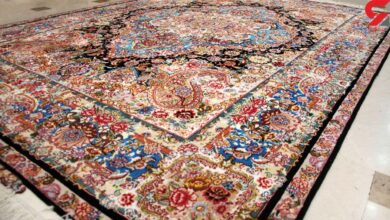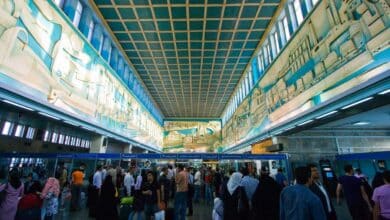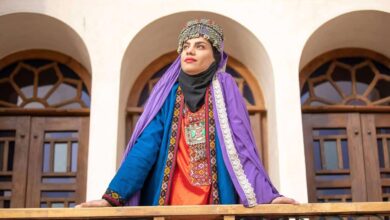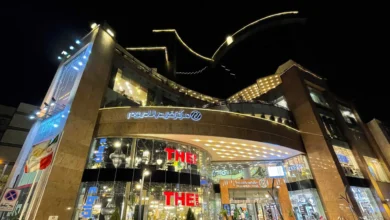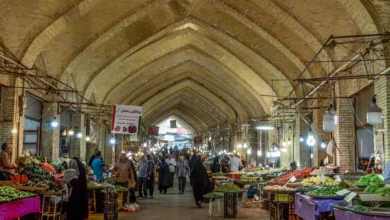Everything You Need to Know About Train Travel in Iran
The Journey Matters as Much as the Destination
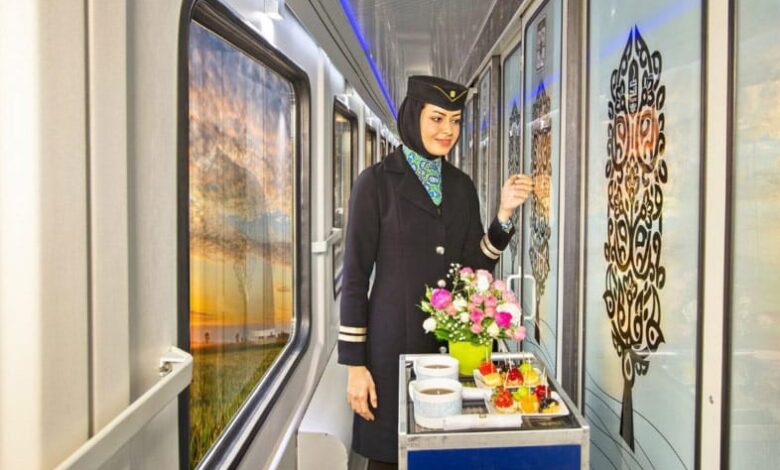
For many travel enthusiasts, reaching the destination isn’t the only goal. It’s about enjoying the journey and the beauty it offers. If you resonate with this sentiment and prefer leisurely travel without the rush, you probably love traveling by train. Both in Iran and abroad, rail travel is one of the most popular modes of transportation among tourists. Join us in this comprehensive guide by OrientTrips to learn everything about it.

Contents
Why Train Travel in Iran?
Traveling by train offers numerous benefits that might tempt you to consider it for your next journey:
Exploring Various Cities
Thanks to the extensive rail network, traveling by train to many cities in Iran is feasible. There are numerous cities without airports, but they are easily accessible by train. Sometimes, road trips, whether by car or bus, can be tiring and lengthy, making trains a great alternative.
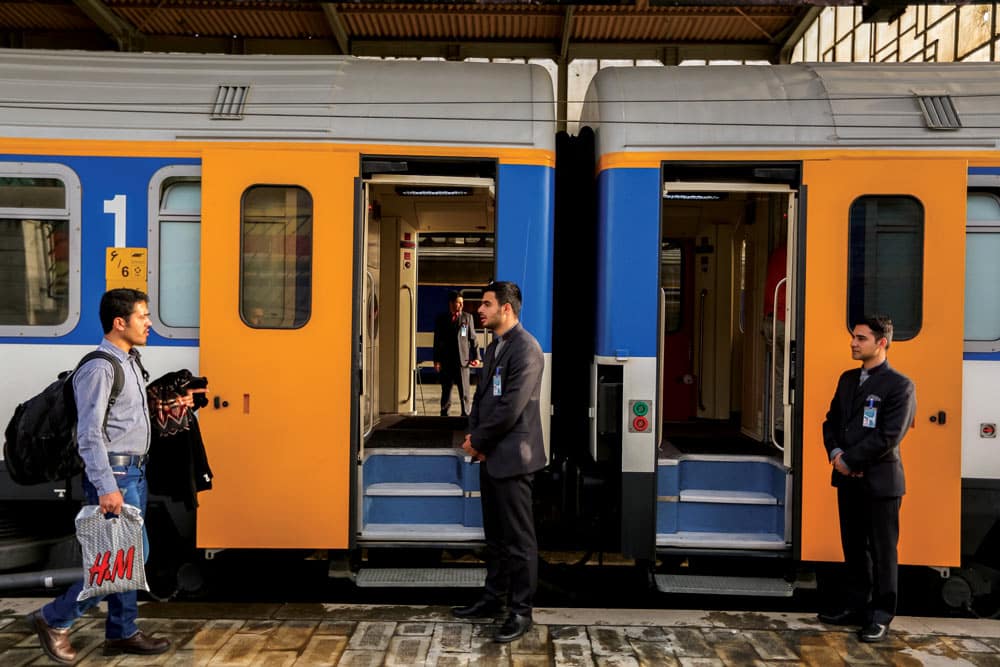
Cost-Effective
Train travel is one of the most economical options. If you can travel to your destination by both air and rail and are on a tight budget, train tickets will undoubtedly be more affordable.
No Luggage Weight Limit
If you’ve ever had to pay extra for excess baggage on a flight or had to remove items from your suitcase, consider traveling by train. Of course, if you have large or heavy items, you’ll need to hand them over to the railway luggage section. But as long as your belongings fit under the train seat, you won’t have to worry about excess baggage.
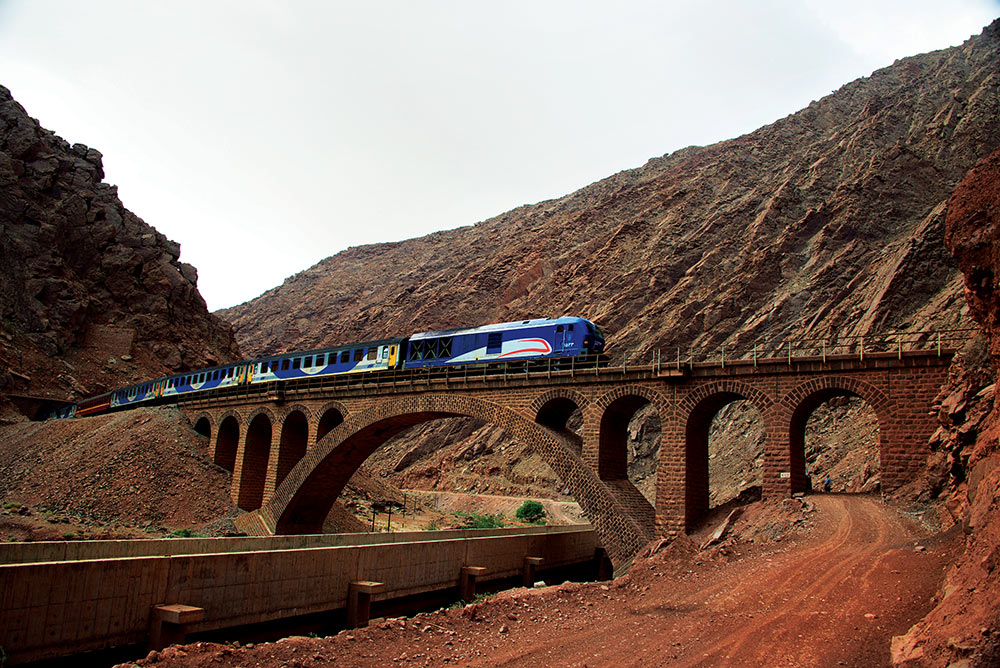
Peace and Safety
Compared to traveling by car, plane, or bus, train travel in Iran is much more comfortable. You have more space, can relax with your fellow travelers, and enjoy the journey. Moreover, trains are among the safest and most reliable modes of transportation, ensuring a worry-free journey to your desired destination.
Diverse Amenities
Many trains in Iran feature restaurants and cafes, ensuring you don’t have to worry about meals during your journey. Entertainment options and audio-visual systems for watching movies and series ensure you’re never bored.
Types of Trains in Iran
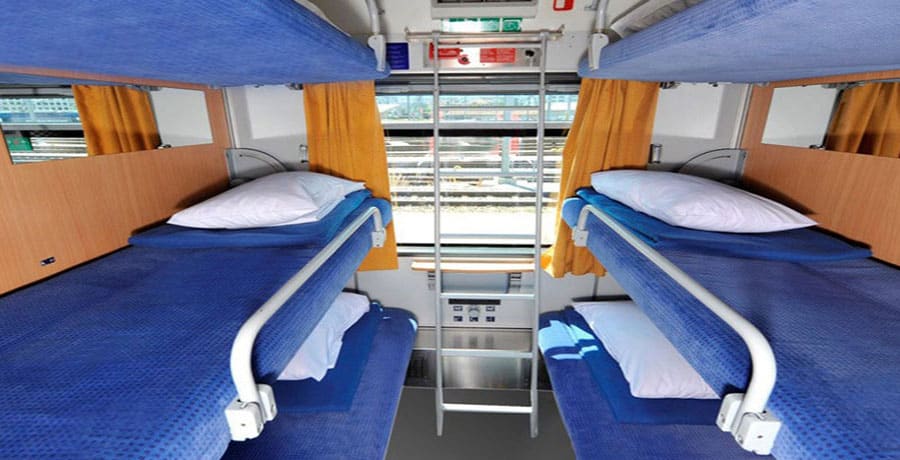
Coupe Trains
In Iran, coupe trains come in two models: four and six beds. Trains like Alborz, Persian Gulf, Simorgh, Gazelle, and Green Plume are four-bed trains. The six-bed trains, due to their higher bed count, often lack the amenities of the four-bed ones. Examples of six-bed trains include Milad, Zagros, and Parsi.
Bus or Hall Trains
From a cost perspective, bus trains are more economical than coupe trains. While they offer less space, the seats remain comfortable.
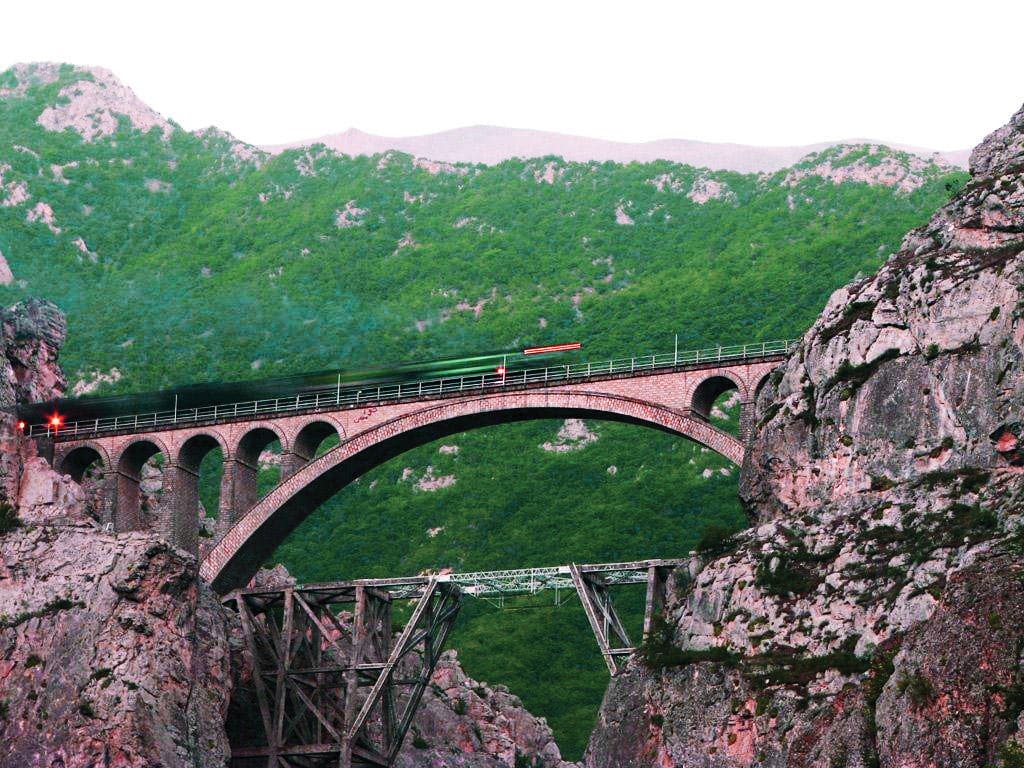
High-Speed Trains
As the name suggests, these trains offer faster speeds than other types. You can purchase tickets for high-speed trains on routes like Tehran-Yazd, Tehran-Mashhad, and Qom-Tehran.
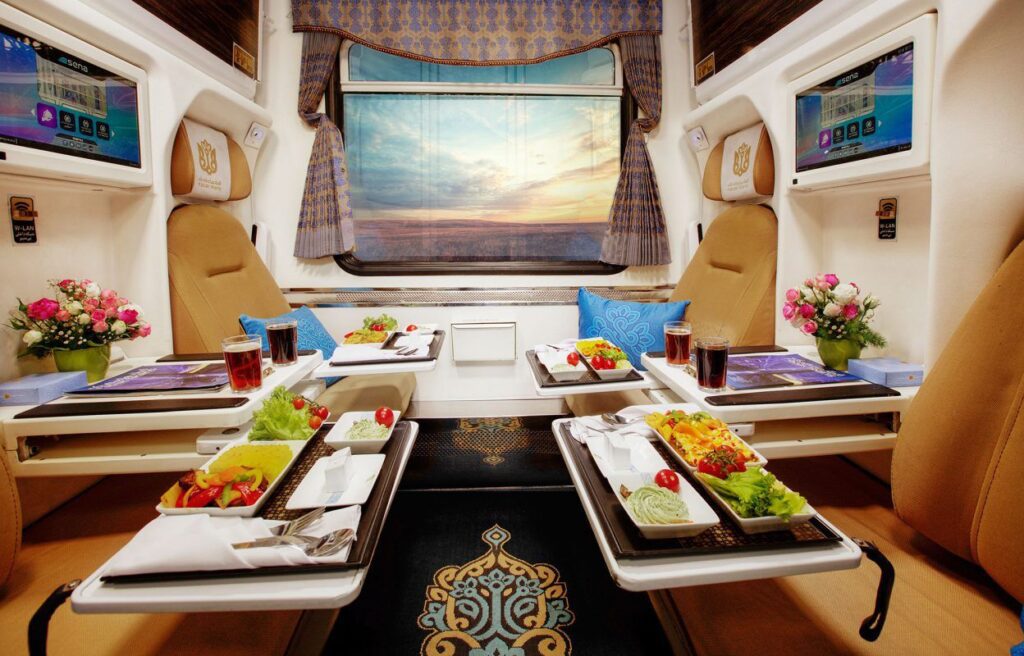
Luxury Trains
In Iran, you can opt for 4-star and 5-star luxury trains that offer special amenities. The 5-star Fadak, Ghazal Bonyad, and 5-star Life trains are among the best in Iran.
Tourist Trains
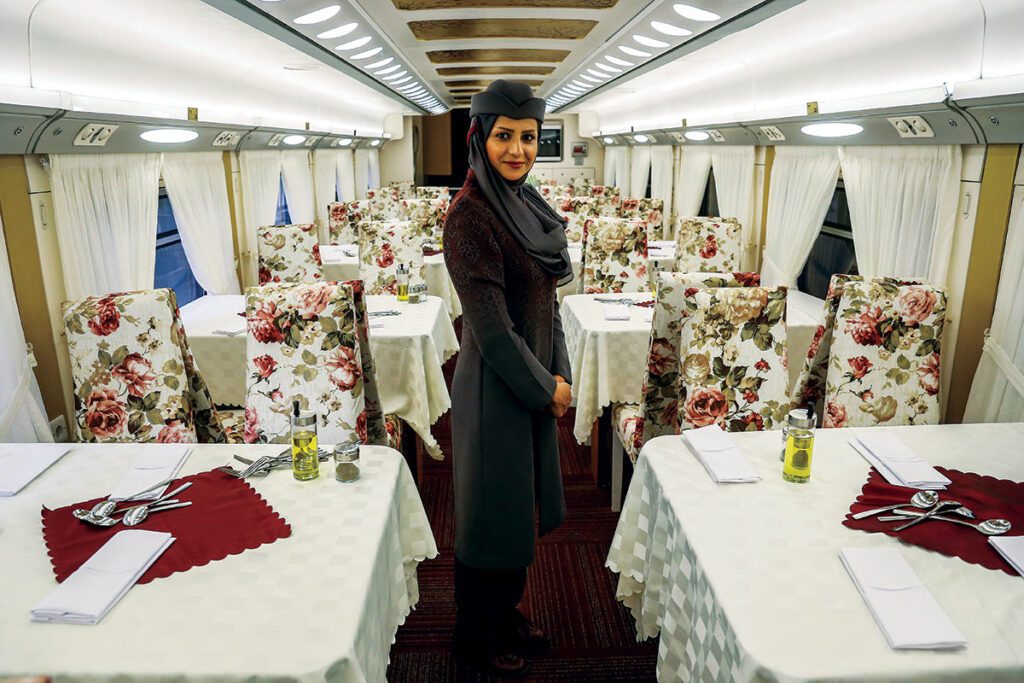
SURFIRAN is one company that offers tourist trains. These trains, which can last one or several days, aim to showcase attractions along the route. Consider trying the Tehran-Savadkouh or Shirgah tourist train for a unique short-term experience.
Essentials for Train Travel in Iran
Depending on whether you’re embarking on a long or short train journey, consider the following suggestions:
- Keep medicines, snacks, and packaged foods in your handbag.
- Bring books, magazines, music, and your favorite podcasts to keep entertained.
- Although charging facilities are available in the compartments, it’s recommended to charge your devices beforehand or carry a power bank.
- Personal and hygiene items like wet wipes, alcohol pads, and toothbrushes are good to have on a train journey.
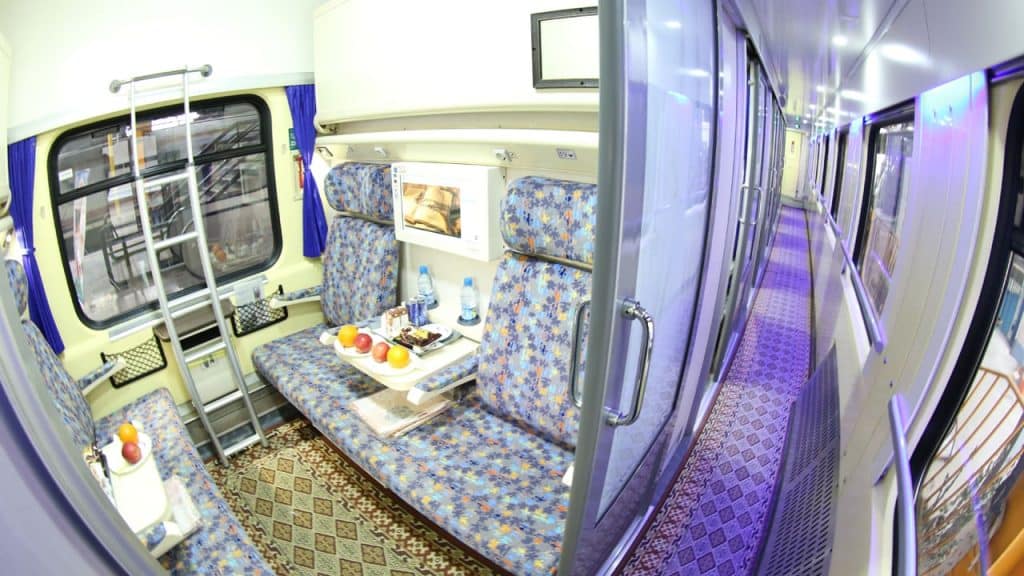
Tips and Steps for Boarding the Train
- Arrive on Time at the Railway Station: Check the location and address of the railway station the day before. It’s best to be present at the station an hour before the train’s departure.
- Pass Through the Inspection Gate: Before boarding, show your ticket and ID at the inspection gate. If you have a printed two-way ticket, keep it with you. If you’ve purchased an online train ticket, there’s no need to print it. Just keep a photo of the ticket until the end of your journey.
- Boarding the Train: Based on the platform and compartment number, find your train and begin your journey.
Conditions for Transporting Cars by Train
If you wish to explore the destination city with your personal car, you can still travel by train. Simply bring your car along on the train! However, this facility isn’t available for all cities.
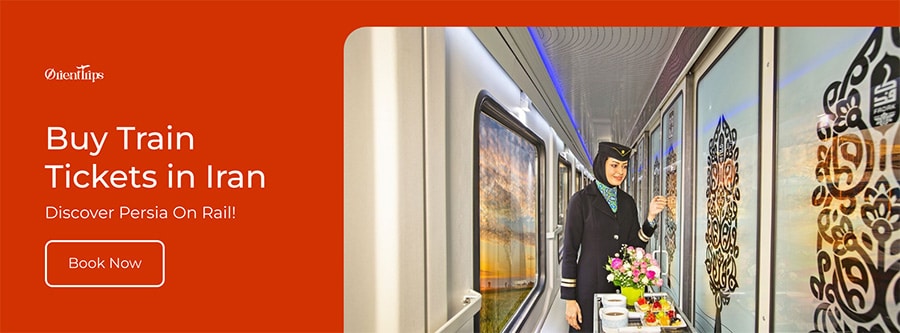
Buying Train Tickets in Iran
Nowadays, purchasing train tickets online is quick and efficient. OrientTrips offers the best prices for online train tickets on most rail routes in the country. Use the OrientTrips website to easily purchase your train ticket in a few simple steps.
Some of the significant and popular train routes in Iran:
One of the most frequented routes, connecting the capital, Tehran, to the holy city of Mashhad.
Offers both regular and luxury train services.
Connects Tehran with Shiraz, known for its rich history and poetic legacy.
A route that links Tehran to the historic city of Isfahan, renowned for its Persian architecture and UNESCO-listed central square.
This route takes passengers from Tehran to Tabriz, a historical city known for its bazaar and other architectural wonders.
Book Tehran to Bandar Abbas train
Connecting the capital to the southern port city of Bandar Abbas on the Persian Gulf.
A journey from Tehran to the ancient desert city of Yazd, recognized for its wind catchers and Zoroastrian heritage.
Links Tehran to Kerman, a city known for its rich history, carpet weaving, and proximity to the Lut Desert.
Connects Tehran to the southwestern city of Ahvaz, capital of the Khuzestan province.
A shorter route that connects Tehran to the holy city of Qom.
Directly connects the northeastern city of Mashhad to the southeastern city of Kerman.
A popular route connecting two of Iran’s most iconic cities.
Links the northwestern city of Tabriz to the northeastern pilgrimage city of Mashhad.
